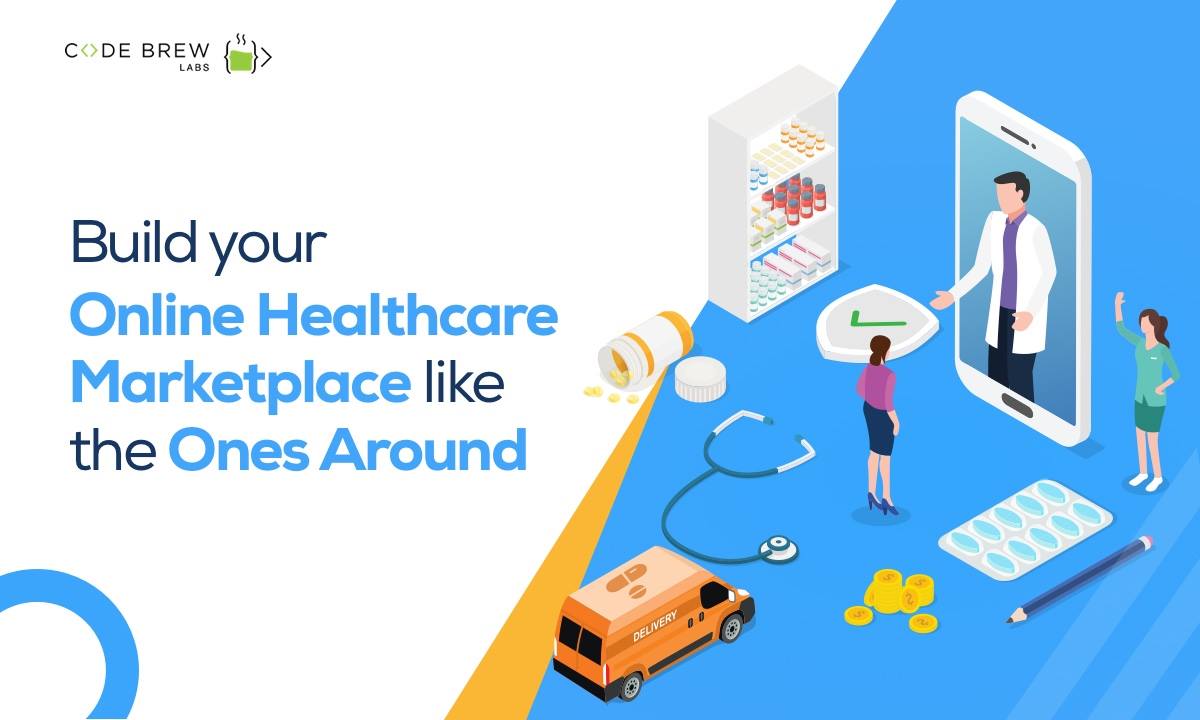Exploring the Growth of Subscription Based Healthcare in the Digital Age
Exploring the Growth of Subscription Based Healthcare in the Digital Age
Blog Article
Navigating the Future of Medication With Subscription-Based Medical Care Provider
As the health care sector progresses, subscription-based services emerge as a crucial design assuring to reshape individual treatment distribution. The solutions to these concerns might essentially modify our method to healthcare.
Surge of Membership Healthcare
As health care systems worldwide face boosting stress from rising costs and need for services, the introduction of subscription-based health care designs has become a transformative fad. This innovative technique is interfering with standard health care shipment by offering a foreseeable, flat-rate repayment structure for clinical solutions. Rooted in the concepts of attendant medication, subscription-based healthcare enables suppliers to focus on individualized individual treatment while all at once handling functional efficiencies.
The surge of this version can be credited to numerous elements. Technological advancements have allowed much more smooth assimilation of treatment through telehealth and digital health records, promoting the scalability of registration services. Additionally, the increasing customer need for openness and predictability in medical care costs has driven the change towards this model. Subscription-based services often use straight access to health care experts, which can lower the management worries connected with insurance claims and compensations (subscription based healthcare).
This model is getting grip among diverse doctor, from health care doctors to specialized centers, by straightening economic incentives with precautionary and constant care. By changing the focus from quantity to value-based treatment, registration medical care has the possible to reshape the landscape, promoting a much more sustainable and patient-centered strategy to health and wellness administration.
Advantages for Individuals

In addition, subscription-based solutions frequently highlight precautionary care, urging routine check-ups and health and wellness screenings. This aggressive strategy can cause early detection of health and wellness issues, potentially improving end results and lowering long-lasting health care costs for clients. Such models usually offer transparent rates, allowing individuals to better comprehend their health care expenditures and stay clear of unforeseen medical expenses.
The personalized nature of subscription-based health care likewise boosts patient experience. Patients can obtain tailored healthcare strategies that match their particular demands, fostering a more patient-centric approach. This personalization can bring about improved person satisfaction and adherence to therapy strategies. Membership services often incorporate wellness programs, supporting people in preserving overall wellness and well-being. Eventually, these benefits jointly add to a much more reliable, cost-efficient, and patient-friendly health care experience.
Modern technology's Role in Change

Artificial knowledge (AI) plays a vital duty in anticipating analytics, assisting in very early diagnosis and customized therapy plans. AI algorithms analyze vast datasets More Info to recognize patterns that might be overlooked by human monitoring, hence enhancing medical decision-making. Additionally, electronic health records (EHRs) simplify individual info management, ensuring continuity and comprehensibility of treatment across numerous solutions and companies.
Blockchain innovation enhances information safety pop over to these guys and security and personal privacy, important for maintaining person depend on in electronic platforms. It allows clear and protected purchases of medical information, making certain that sensitive details stays safeguarded. With the combination of artificial intelligence and AI, blockchain can automate complicated medical care processes, lowering administrative problems.
Difficulties and Factors To Consider
While modern technology moves the abilities of subscription-based health care services, it likewise presents a collection of obstacles and factors to consider that have to be resolved to make certain effective implementation. One substantial challenge is the equitable ease of access of these services.
Data personal privacy and protection stand for an additional critical factor to consider. Subscription-based solutions commonly entail the collection and storage of large amounts of personal wellness details. Companies need to follow strict data defense laws to keep individual depend on and stop unauthorized access, which can cause substantial moral and lawful repercussions.
As medical care needs evolve, keeping a cost-effective balance in between subscription fees and solution quality is crucial to prevent client frustration and attrition. Addressing image source these difficulties is vital as subscription-based healthcare solutions proceed to broaden and progress.
Future Effects for Medicine
Subscription-based medical care solutions are positioned to significantly affect the future landscape of medication by improving just how treatment is accessed and provided. These models offer the prospective to equalize health care gain access to, supplying individuals with more customized and prompt treatments. By leveraging modern technology, such as telemedicine and information analytics, registration solutions can assist in constant monitoring and tailored wellness monitoring, therefore enhancing outcomes and reducing the worry on typical health care systems.
As these services gain grip, they can promote a shift in the direction of preventative treatment, emphasizing the importance of very early detection and management of persistent conditions. This aggressive technique may inevitably reduce healthcare prices by alleviating the requirement for expensive therapies occurring from late-stage condition administration. Membership models use a scalable solution to attend to disparities in health care access, especially in underserved or rural populaces.
However, the shift in the direction of subscription-based models demands addressing regulative and ethical considerations, including information privacy and equitable gain access to. As the sector develops, collective initiatives between policymakers, innovation programmers, and healthcare carriers will be important to developing durable frameworks that protect individual passions while fostering development. Eventually, these solutions assure to add significantly to a much more effective, patient-centered medical care ecosystem.

Final Thought
Subscription-based healthcare solutions stand for a substantial advancement in the clinical area, supplying predictable costs and personalized care that boost accessibility and focus on precautionary measures. As the medical care landscape evolves, registration designs are poised to play a crucial duty in forming the future of medicine.
As the healthcare industry evolves, subscription-based solutions arise as a critical version guaranteeing to reshape patient care distribution.As medical care systems around the world face increasing pressures from climbing prices and need for services, the development of subscription-based health care versions has arised as a transformative pattern (subscription based healthcare).With the increase of subscription-based health care versions improving conventional health care delivery, people are beginning to experience substantial benefits from this ingenious technique. As healthcare needs evolve, preserving an economical equilibrium between subscription costs and service top quality is important to protect against patient frustration and attrition.Subscription-based health care solutions are poised to dramatically influence the future landscape of medicine by reshaping how treatment is accessed and supplied
Report this page